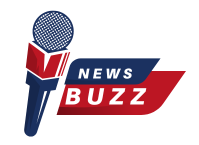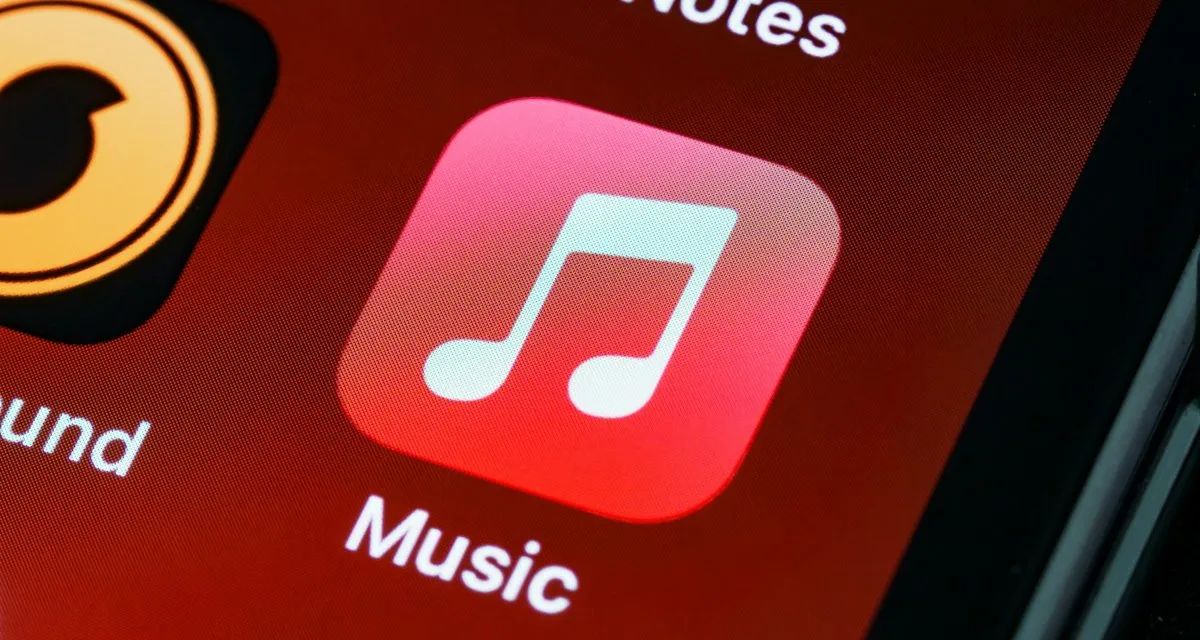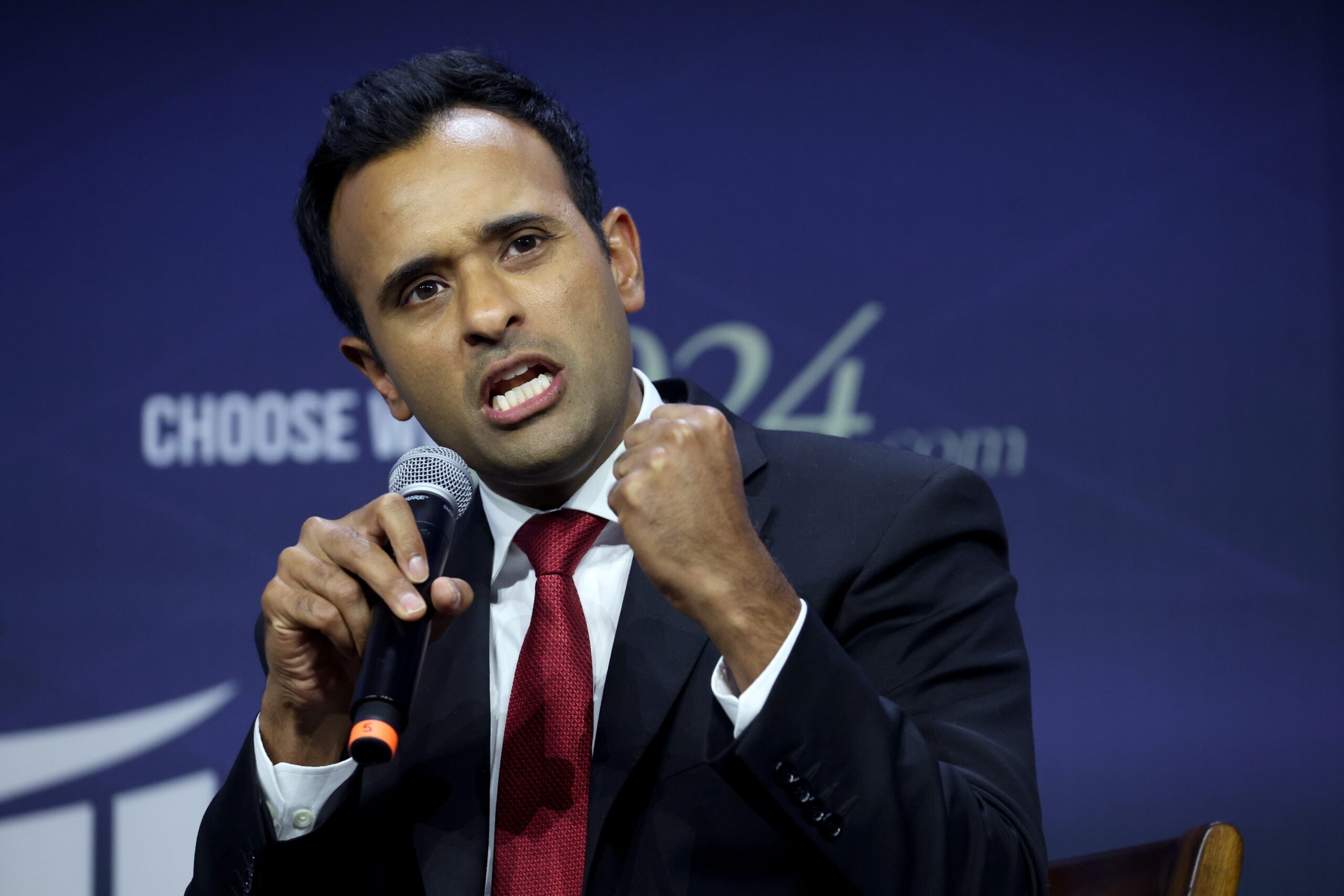
A sizable portion of Apple users subscribe to Apple Music, per a new study. Photo Credit: Brett Jordan
Amid a high-stakes Justice Department antitrust lawsuit against Apple, a new report is shedding light on whether the company possesses a material platform advantage over Spotify and others in the streaming arena.
The involved datapoints just recently entered the media spotlight, after the DOJ submitted the mentioned action towards March’s end. We covered the multifaceted complaint, which promptly elicited support from Spotify, Qobuz, Epic Games, and a variety of others, in detail soon after its filing.
In brief, the 88-page suit accuses the Cupertino-based company of “delaying, degrading, or outright blocking technologies that would increase competition in the smartphone markets” – including by allegedly leveraging its App Store to the detriment of third-party developers.
Of course, Spotify has long voiced related complaints, pertaining to the status of its App Store updates, the 30 percent “tax” at hand, and more. The platform formally levied one such complaint in the EU in 2019.
Following a years-long investigation, the European Commission fined Apple (which is appealing the ruling) about $2 billion one month ago. According to the Commission, Apple abused “its dominant position on the market for the distribution of music streaming apps.”
Notwithstanding the antitrust suit against Apple, though, Spotify’s efforts to spur progress for stateside legislation such as the Open App Markets Act haven’t brought about the desired results – hence the focus on the Justice Department complaint.
Running with that point, the initially highlighted study is providing interesting insight regarding Apple’s possible platform advantage and overarching monopoly-allegation conversations.
According to CIRP, 41 percent “of Apple customers” – not total users across the entire market – “report using Apple Music,” which doesn’t have an ad-supported tier. That percentage is well above Spotify’s paid-subscriber share (30 percent) in the same category, per the resource.

Paid music streaming platform usage as a percentage of total Apple customers during the 12 months ended December 2023. Photo Credit: CIRP
While the figures’ bigger-picture significance remains to be seen – Apple Music also offers spatial audio, access to the standalone Apple Music Classical, and other features that aren’t available through Spotify – any potential usership advantages don’t carry over to Android devices for Apple.
On the contrary – and despite Google’s YouTube and YouTube Music ownership – Spotify and Google have reportedly inked deals on “sweetheart” terms over the years. Furthermore, Google this past December officially settled a class-action lawsuit, brought this time by over 30 state attorneys general, over alleged monopolistic Play Store practices.
Besides including a $700 million payment, said settlement saw Google per its own description “open communication on pricing,” streamline sideloading (or the ability to download apps directly via websites as opposed to app stores), and enable developers “to show different pricing options within the app when a user makes a digital purchase.”
Worth mentioning in conclusion is the comparatively little-discussed App Store suit that received class certification in February. As described by Reuters, that litigation alleges Apple monopolized the App Store by barring purchases via different digital marketplaces, effectively driving higher prices for consumers.




